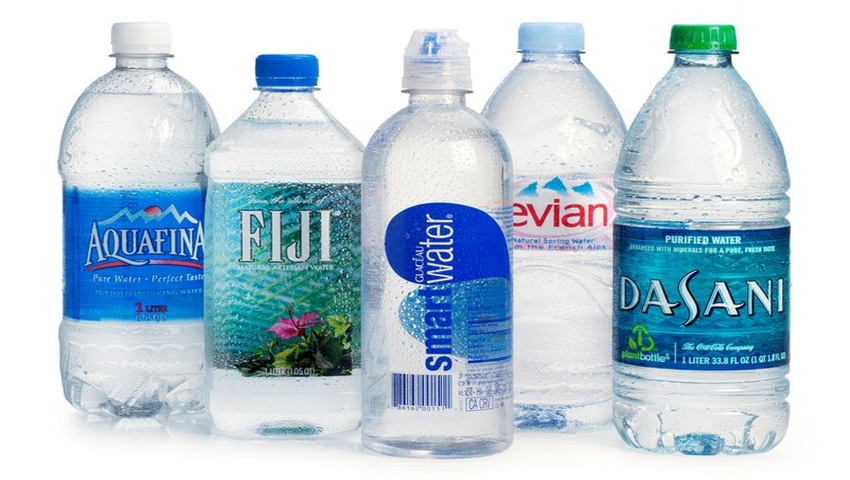Bottled water brands are jumping on the better-for-you beverage bandwagon which causing sugary and carbonated drink sales to fizzle at the retail level, according to a new report from Packaged Facts.

Bottled water brands are jumping on the better-for-you beverage bandwagon which causing sugary and carbonated drink sales to fizzle at the retail level, according to a new report from Packaged Facts.
“The healthy lifestyle mantra to ‘eat less sugar, drink less soda’ has taken root and bottled water is benefitting from the trickledown effect of this increased sugar and soda avoidance," said David Sprinkle, research director for Packaged Facts.
According to the “Food Formulation Trends: Ingredients Consumers Avoid, 2nd Edition" report, it’s not just the sugar in soda that consumers want to avoid, it’s also the excess calories. Consumers checking on the calories in the foods they purchase have most typically chosen to skip certain foods that are high in calories in favor of lower calorie substitutes.
Traditionally cutting calories meant having a diet soda instead of a regular soda or opting for a salad over a pasta dish. However in recent years drinking water or low- or no-calorie beverages when hungry rather than eating food has emerged as a trend with a considerable following. Packaged Facts data reveal 3 out of 4 consumers are reducing their calorie intake by this method—including older consumers, who are more likely than younger consumers to choose this method of cutting calories, as are college graduates, consumers with higher incomes, and women.
Another factor boosting bottle water sales is consumer concern over the safety of their top water. Lead contamination in drinking water in Michigan, New Jersey and Washington, D.C., has some questioning the reliability of America’s water infrastructure. Bottled water is deemed by many to be a safer alternative—assuming marketers have been transparent about where their water is sourced.
Bottled water’s trending status doesn’t, however, indicate the demise of the U.S. soda market. It’s important to remember that while food manufacturers want to please those consumers joining the “free from" and healthy lifestyle movements, they still need to satisfy those consumers who demand products that can be categorized as less healthy than necessary.
Foods with added sugars, especially sugary beverages, are a case in point. Manufacturers of carbonated sodas and waters and juice drinks with added sweeteners make far more money from those products than from their sugar-free products. As governments move to impose higher taxes on sugary beverages, the industry inevitably does all that it can top resist. The sugary beverage companies are faced with consumers having to pay more for these products and the possibility of losing sales as a result, notes Sprinkle. Don't be surprised to see a greater influx of flavored, sparkling and even caffeinated water. In fact, the bottled water category rang up an estimated $15 billion in 2015, and the sector is expected to witness rapid growth through 2020, with projected sales growth of 34.7 percent.
Looking for more on key considerations in formulating beverages with functional ingredients? Join us for the Sparking Beverage Innovation workshop on Wednesday, Oct. 5, at SupplySide West 2016. Understanding consumer demands, formulation considerations and supply chain considerations is critical so be sure to join us for the Delivering on the Clean Label Expectation All-Day Summit on Wednesday, Oct. 5, at SupplySide West 2016.
About the Author(s)
You May Also Like






.png?width=800&auto=webp&quality=80&disable=upscale)